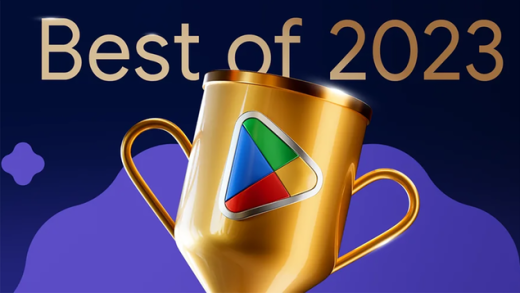In a world of interconnection, agile development, modular software and hardware, and open source development, interoperability is largely taken for granted. Yet, it is essential to the very foundation of the Internet and of countless devices and services that depend upon them.
That proposition is being challenged. The U.S. Supreme Court (USSC), in a highly anticipated and closely watched case, has agreed to hear an appeal of a lower court decision that turned legal precedent and industry practice on its head. The case, Oracle v. Google, is now in its tenth year. In early January, Red Hat filed an amicus (a.k.a. ‘Friend of the Court’) brief in this potentially historic case, with the fact that computer interfaces are not copyrightable as a matter of law.
Businesses and developers in all industries, clients and competitors alike, have come to rely on unrestricted access to software interfaces in order to stitch together complex systems from multiple vendors, improve upon existing products to drive competition and innovation, and afford users the opportunity to make economically efficient decisions, including migrating to the cloud and orchestrating workloads amongst vigorously competing cloud providers.
Software interfaces provide for compatibility between software and hardware components in a computer system; they enable remote elements in a network to exchange information with one another; they comprise formal systems for denoting complex software objects; and they are wholly inappropriate for copyright protection.
SEE ALSO: Red Hat & IBM stand by Google in Supreme Court case against Oracle
“Computer interfaces are not copyrightable. That simple, yet powerful principle has been a cornerstone of technological and economic growth for over sixty years.”
As we state clearly in the opening statement of our brief, Red Hat — as a leader in the open source community — emphasised to the USSC the critical importance of maintaining the long-standing view that software interfaces should not be subject to copyright protection.
Because computer programs achieve compatibility and interoperability with each other through specifically defined interfaces, the concern is that if copyright protection were to exist in such interfaces, the open source community could face significant barriers in the creation and implementation of new software modules to replace existing modules. This consequence may chill the innovation that is generated by open source software community development.
Our brief also recognises that computer interfaces being uncopyrightable does not jeopardise copyright protection in software programs generally. Red Hat fully supports software programmers developing value and differentiating themselves in the marketplace via implementation code. In fact, the more freely that computer interfaces are available, the more of a market may exist for particular implementations using an existing computer interface.
Many other companies and trade associations filed briefs in support of Google’s position, a clear sign of the importance of this case. Some of these briefs argue for a different approach, focusing on fair use as a defense to potential infringement. Granted, the end states may be similar — the use of the software interface would be free to use. But Red Hat believes that by treating compatibility and interoperability as relevant only to fair use, software developers would be required to perform a fair-use analysis before developing a compatible or interoperable product. This is problematic because fair use is a fact-specific doctrine that requires case-by-case analysis and the risk of an error is great. The better approach is to deem interfaces uncopyrightable because it is predictable, leading to a low-friction development ecosystem. It is also consistent with years of legal precedent.
Promoting competition and new innovations
Unrestricted use of existing software interfaces has promoted competition and progress in the computer, information technology, communication technology, and networking fields, and is an essential aspect of all software development including both proprietary and open source software development.
For example, the popular WordPress content management system is developed under a collaborative open source model. Some implementations of Java platform interfaces, such as Oracle’s OpenJDK project (to which IBM and Red Hat are major contributors) and Red Hat’s JBoss Enterprise Application Platform, are made available under open source license terms. The rapid pace of innovation is enabled by the ability to use interfaces that are unrestricted by copyright protection and the compatible products used.
The complete amicus brief filed by Red Hat and IBM may be found at this link.
SEE ALSO: Google Research open sources NLP model ALBERT for increased performance
Red Hat filed the amicus brief jointly with IBM. Acquired by IBM last year, Red Hat continues to operate as a distinct unit, preserving the independence and neutrality of Red Hat’s open source development heritage and commitment, current product portfolio and go-to-market strategy, and unique development culture.
IBM and Red Hat have collectively developed tens of thousands of software programs comprising hundreds of millions of lines of code. IBM and Red Hat fully support copyright protection for computer programs. IBM and Red Hat rely on copyright protection in their own businesses. But it is one thing for copyright to protect portions of computer programs that implement algorithms for performing computational tasks, and quite another for copyright to protect terminology or nomenclature for denoting objects or units in accordance with a formal system of notation. In purporting to extend copyright protection to the latter, the decision below contravenes more than sixty years of settled expectations in the software industry and calls into question a fundamental aspect of software innovation and development.
Last week, the USSC announced that the oral arguments will be heard on March 24, with a decision expected within a few months thereafter.
The post Red Hat fights for software freedom by filing a brief with the U.S. Supreme Court appeared first on JAXenter.
Source : JAXenter





















